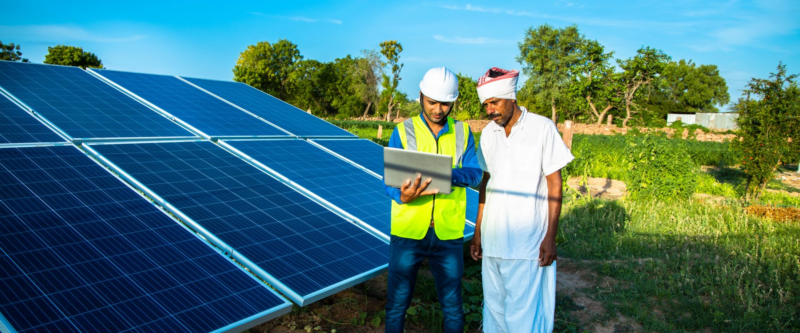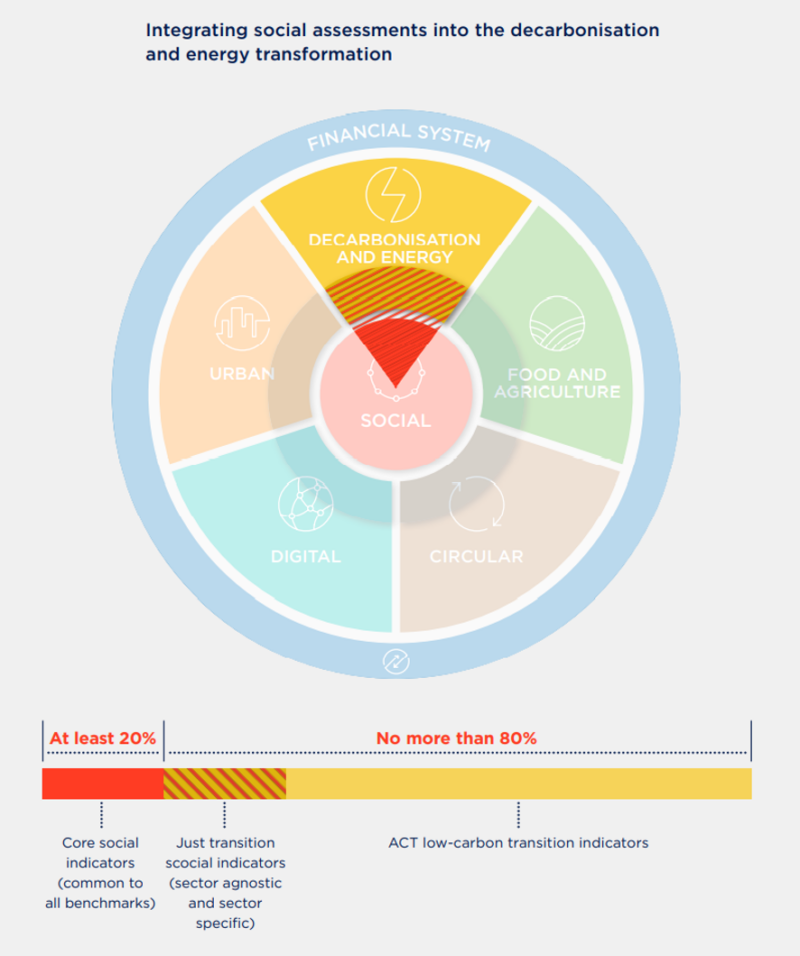
This report outlines the World Benchmarking Alliance’s (WBA) strategy for assessing companies’ contributions to a just transition. It includes details on involving stakeholders in developing assessment indicators through a multi-stakeholder process.
The report also offers a synthesis of the November 2020 findings from WBA’s Climate and Energy Benchmark and Corporate Human Rights Benchmark assessments in the automotive sector, along with a timeline for the next steps and consultation in the assessment process.
Sustainable development necessitates a balance between economic, environmental, and social factors. A “just transition,” as per the Paris Agreement, involves creating decent work and quality jobs as part of the shift to a low-carbon world. The private sector plays a vital role in this, but collaboration with communities, workers, unions, and policymakers is crucial to ensuring an inclusive transition.

In light of the crucial role the private sector has to play in achieving a low-carbon world, the WBA aims to assess 450 companies (as part of the decarbonisation & energy transformation) by 2023, focusing on their contributions to a just transition and alignment with the Paris Agreement’s goals.
WBA’s just transition assessments will be the first of their kind; these assessments will be publicly available and provide rankings for influential companies in high-emitting sectors, highlighting their efforts to minimize negative impacts on workers, communities, and vulnerable groups as they pursue low-carbon objectives. These assessments can serve as a valuable tool for holding these key companies accountable.
Source: World Benchmarking Alliance

